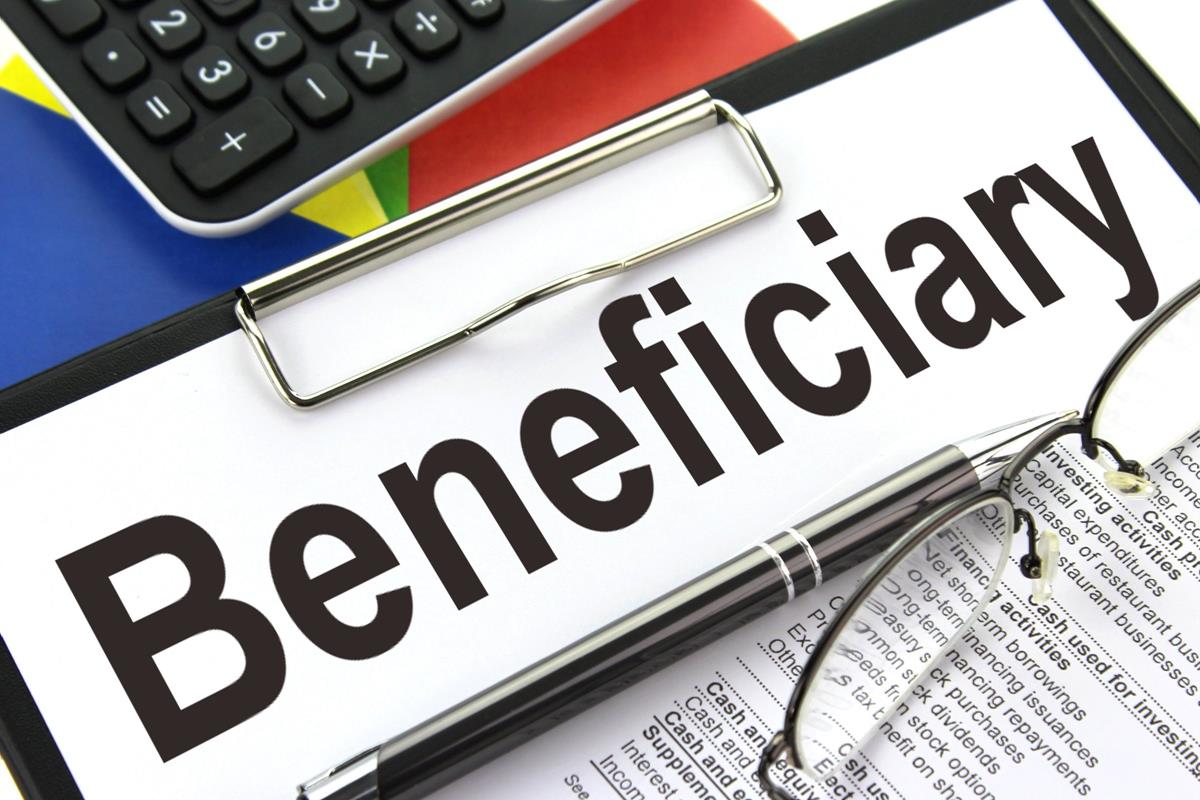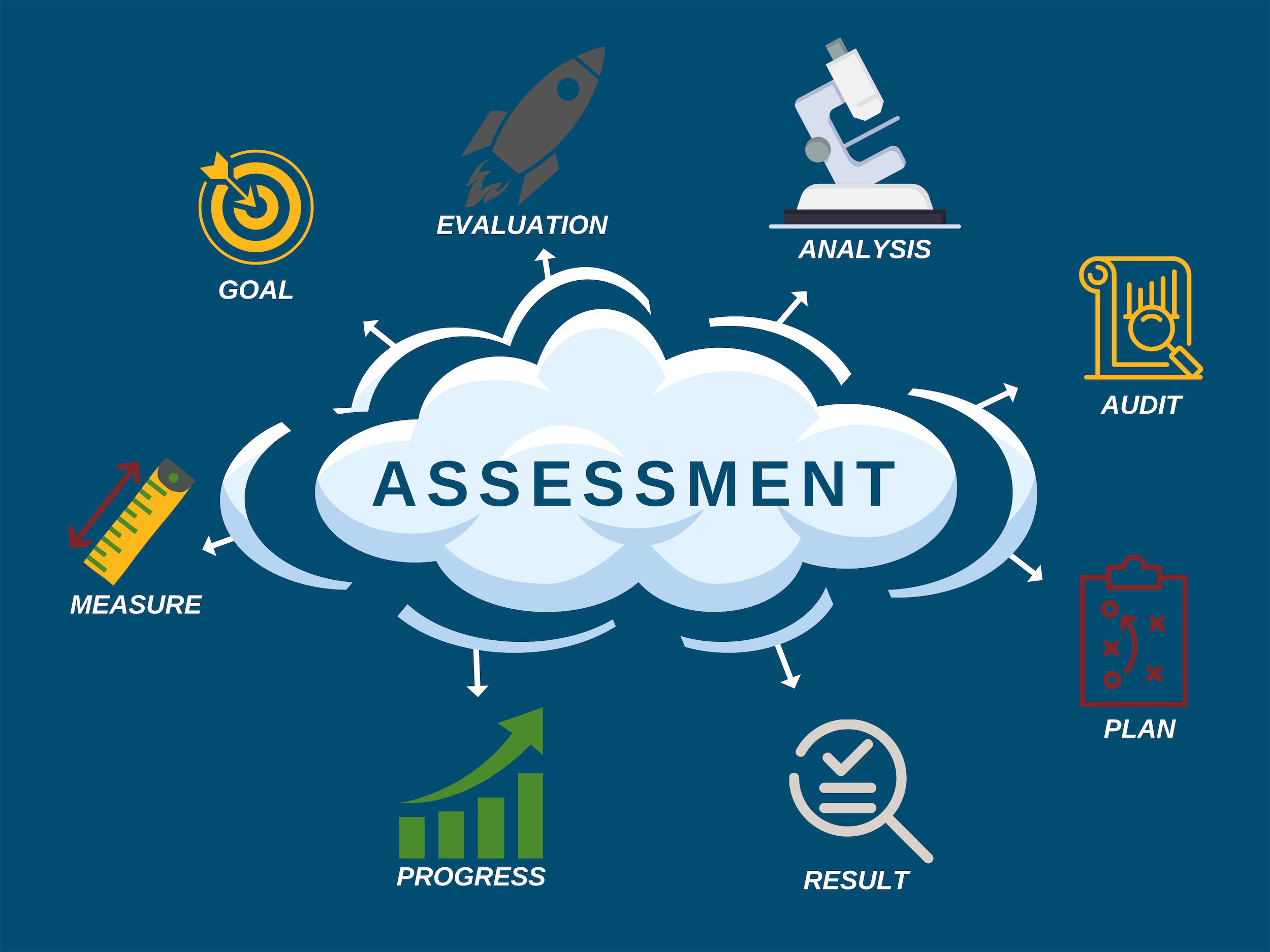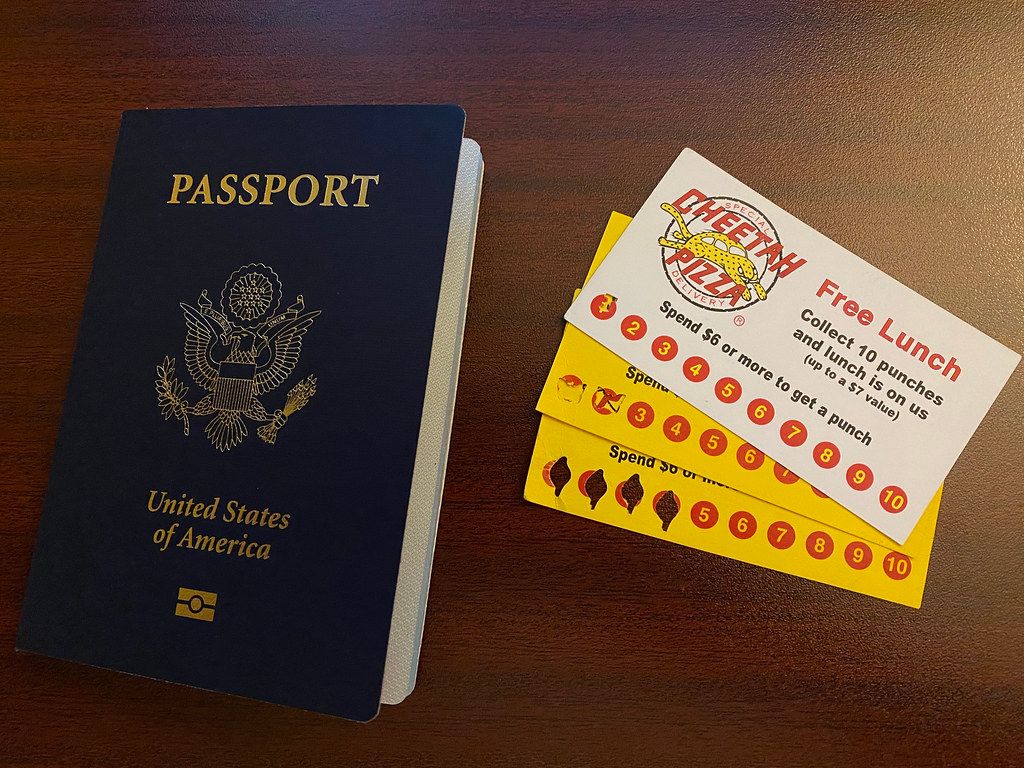
Estate planning can feel like navigating a complex maze, often bringing with it a sense of dread or anxiety about confronting end-of-life matters. The thought of dealing with legal jargon and intricate documents is enough to put many people off this undeniably important piece of life administration. Yet, taking the time to organize your estate is one of the most empowering steps you can take to protect your family and loved ones, ensuring your wishes are honored precisely as you intend.
Contrary to common misconceptions, wills and estate plans aren’t solely for the extremely wealthy or the elderly. If you’re over 18, own property, have a career, possess savings or investments, or have children or other dependents, you absolutely need a will. Without one, or with an outdated one, you risk allowing courts to make critical decisions about your assets and loved ones, potentially causing significant stress and unintended outcomes for those you care about most during an already difficult time.
Your will isn’t a static document; it’s a living record that evolves with your life. Major shifts in your personal or financial circumstances, or even just the passage of time, necessitate a review. This comprehensive checklist provides a practical, actionable guide to assess whether your will is truly up to date, breaking down complex considerations into manageable steps. By systematically going through these points, you can gain peace of mind, knowing your legacy is safeguarded.

1. **Verify Your Asset and Liability Inventory**The first critical step in ensuring your will is current and effective is to meticulously review your complete inventory of assets and liabilities. Your estate encompasses everything you own, from tangible properties to digital accounts, and a precise, up-to-date list is the bedrock of any sound estate plan. Start by compiling everything you possess and assigning a value, remembering that this list should cover all personal assets, financial affairs, and any outstanding debts.
This includes a broad spectrum of items: your financial circumstances reflected in savings accounts and debts; investments such as shares, bonds, and even cryptocurrency; any private companies you may own; real estate and other properties; personal items like vehicles, boats, and motorcycles; intellectual property including patents and copyrights; valuable collectibles; and items holding significant sentimental value. Don’t forget to include information on life insurance policies and superannuation savings, even though their distribution mechanics might differ from assets passed via your will directly.
When going through this inventory, it’s crucial to be as detailed as possible, making your intentions crystal clear. For instance, when you identify a valuable possession, ensure you specify exactly who you want to receive it by name. This level of detail minimizes ambiguity and increases the likelihood that your wishes will be honored without dispute, preventing your executor from having to guess or interpret your intentions.
It’s also important to understand what assets typically *don’t* need to be explicitly detailed in your will because they pass directly to beneficiaries through other mechanisms. These commonly include payable-on-death (POD) accounts, retirement accounts, assets held within trusts, life insurance benefits (which go directly to named beneficiaries), and jointly owned assets. While you should certainly keep track of these, they generally bypass the probate process and are distributed outside the will’s direct instructions, making it vital to ensure their individual beneficiary designations are also up to date.
By taking the time to ask yourself, “What assets do I own? What debts do I owe?” and then documenting these thoroughly, you lay the essential groundwork for an updated and comprehensive estate plan. This foundational step helps ensure that your estate is accurately represented and that all your possessions, big and small, are accounted for in your planning.

2. **Confirm Your Beneficiary Designations**Once you have a clear picture of your assets, the next crucial step is to meticulously confirm your beneficiary designations. This involves deciding precisely how and to whom you wish to distribute your assets, ensuring that your legacy is passed on to the right people or organizations. Your will is the primary legal document for guiding these distributions, providing clear instructions for those who will benefit from your estate.
Beneficiaries can be a wide range of individuals or entities: immediate and blended family members, close friends, or even charitable organizations that align with your values. When updating your will, it’s essential to review each named beneficiary to ensure they are still the intended recipient. Life changes, such as new relationships, births, or the passing of a previously named beneficiary, can significantly alter your original intentions.
Furthermore, consider specific gifts you might want to leave, such as a treasured family heirloom, a specific sum of cash, or a valuable piece of art. For the remaining assets not specifically bequeathed, known as the residuary estate, you should also clearly define who or what will receive them. The more specific and unambiguous your directions, using both the asset’s name and the specific names of the intended recipients, the greater the certainty that your wishes will be carried out as you envision.
An often-overlooked but vital aspect is the nomination of contingent beneficiaries. These individuals or organizations are designated to receive an asset if your primary beneficiary is unable to inherit for any reason, such as pre-deceasing you. Having contingent beneficiaries acts as a crucial safety net, preventing assets from falling into intestacy (distribution by court rules) if your primary choice cannot accept the inheritance.
Finally, if you have specific stipulations or concerns about a beneficiary – for instance, a family member with special needs or spending habits – you might need to consider establishing a specialty trust, such as a family discretionary or charity testamentary trust fund, instead of relying solely on your will for asset distribution. These trusts can distribute assets to designated beneficiaries according to predefined conditions, offering a layer of protection and control that a standard will might not. Many platforms, like Safewill, have also made it easier than ever to include charitable bequests, partnering with hundreds of charities to facilitate donations seamlessly.
Read more about: The Important Love Letter You’ll Ever Write: Planning Your Legacy of Care

3. **Review Executor, Guardian, and Power of Attorney Appointments**The individuals you appoint to carry out your wishes and affairs are central to your estate plan’s success. It is paramount to review these key appointments regularly to ensure they remain appropriate and aligned with your current circumstances and relationships. These roles safeguard your wishes, protect your assets, and care for your potential beneficiaries, making their selection and ongoing review incredibly important.
First, consider your **Executor**. This is the responsible person, whether a trusted family member, family friend, lawyer, Public Trustee, or corporate provider, whom you designate to handle your estate administration. Their responsibilities are extensive, including managing your estate assets, superannuation funds, financial arrangements, and end-of-life wishes. This might involve complex tasks like selling property, attending court, and completing formal documents. Therefore, your executor must be of sound mind, capable of coping with the time-consuming nature of the role, and able to navigate complex situations. It is also wise to name a co-executor or an alternate in case your initial choice is unable or unwilling to serve.
Next, if you have minor children or other dependents, the appointment of a legal **Guardian** is perhaps the most critical and often emotionally challenging part of will preparation. This nominates a person or surviving spouse to step in and care for your dependents if you pass away suddenly. To ensure legal validity, these wishes must be clearly stated in your will. It is equally important to communicate this wish with the nominated person and provide them with advice on any further wishes should this scenario occur. This also extends to nominating someone to look after your beloved pets.
Finally, review your **Power of Attorneys (POA)**. This represents separate documents, distinct from your will, but are crucial for comprehensive estate planning. Creating a Financial or Medical Power of Attorney, Power of Guardianship, or making an Advance Care Directive provides clear instructions for your family on handling your medical or financial needs if you become incapacitated. These documents outline everything from accounting advice to intended beneficiaries and even name a successor if the appointed person dies. Reviewing these ensures your family has the legal authority and clear guidance needed during challenging times, avoiding unnecessary legal complications and stress.

4. **Update Your Digital Asset Plan**In our increasingly digital world, neglecting your digital assets in your estate plan is a growing oversight with significant consequences. A digital estate plan is now a necessary component of your overall will, ensuring that your online life, much like your physical assets, is managed according to your wishes after you pass away. This is not just about convenience; it’s about preserving your digital legacy and preventing potential complications for your loved ones.
Digital assets encompass a vast array of electronic accounts and programs you use online or on devices such as computers, laptops, mobile phones, or tablets. This includes everything from email accounts and social media profiles to online banking platforms and photo storage sites. It’s important to differentiate: while the funds within an online bank account are traditional assets, the *online access* to that account is a digital asset, requiring specific instructions for access and management.
To adequately prepare or update your digital estate plan, start by creating an exhaustive inventory of all your digital accounts. For each account, you should determine where you want them to go upon your passing – whether they should be closed, memorialized, or transferred. This inventory should also include login details and passwords, stored securely and accessible to your designated Digital Executor, who will be responsible for managing these assets.
Appointing a **Digital Executor** is a specialized role within your estate plan. This individual, or entity, is specifically tasked with handling your digital footprint. Their responsibilities might range from closing inactive social media accounts to accessing important online documents or photos. It is vital to make sure your digital estate plan is legally binding; you should explicitly note in your main will that you have a separate digital plan to ensure it is recognized and acted upon.
Including a list of passwords and login details in your last will and testament can significantly ease the burden on your family members, providing them with immediate access to digital devices and online platforms. This foresight helps them navigate your online presence, manage financial accounts, and preserve your digital legacy, ensuring a smoother transition and preventing potentially lengthy and frustrating processes to gain access.
Read more about: Pushing Boundaries: 12 Transformative Features Defining the iPhone 16 Pro and Pro Max Experience

5. **Revisit Superannuation and Life Insurance Beneficiaries**One of the most frequently overlooked aspects when reviewing a will is the beneficiary designations for superannuation (retirement) funds and life insurance policies. Many people assume these assets automatically flow to the beneficiaries named in their will, but this is often not the case. These funds typically operate under separate legal frameworks, meaning their distributions are governed by the specific beneficiary nominations made directly with the super fund or insurance provider, not by your will.
It’s common for individuals to have made these nominations years ago, perhaps when they first started working or took out a policy, and then never revisited them. This means that if your life circumstances have changed significantly since then – for example, getting married, divorced, having children, or the passing of a previously named beneficiary – your outdated nominations could lead to unintended consequences. Funds could go to an ex-spouse, a distant relative, or even fall into your estate to be distributed according to intestacy laws, entirely circumventing your current wishes.
Reviewing and updating these beneficiaries is therefore an essential part of a comprehensive estate plan. Life insurance policies, in particular, can provide a crucial extra layer of financial protection for your loved ones, helping to pay off any debts in your deceased estate or offset potential capital gains tax liabilities. Ensuring these policies name the correct, current beneficiaries directly with the provider guarantees that the funds will reach the intended recipients swiftly and efficiently, without being tied up in the probate process of your will.
To make this process seamless, you should proactively contact your superannuation fund and life insurance providers. Request information on your current beneficiary designations and update them as needed to reflect your present relationships and financial intentions. This direct action ensures alignment with your overall estate planning goals and provides an invaluable layer of security and clarity for your family during a difficult time, preventing potential legal conflicts or financial surprises.
By taking this critical step, you prevent a common pitfall in estate planning and ensure that all major financial provisions are harmonized with your overarching wishes. This proactive review of your superannuation and life insurance beneficiaries is a testament to thorough planning and a deep commitment to protecting your loved ones’ financial future.

6. **Assess Legal Validity and Compliance**Ensuring your will remains a legally valid and compliant document is a fundamental aspect of effective estate planning. After all the careful consideration put into drafting your wishes, it would be a significant oversight if the document itself failed to meet legal standards when it’s needed most. This ongoing assessment involves understanding signing requirements, appropriate storage, and the need for regular review to account for evolving legal landscapes.
A will does not become a valid legal document until a hard copy is dated and signed by the person who created it. Crucially, it must also be witnessed and signed by two neutral adults, who are not beneficiaries to the will, as outlined in the legal guidelines. Once a new will is properly executed, previous versions should be destroyed to prevent any confusion or disputes regarding your most current intentions.
Even if your life circumstances feel stable, formally reviewing your will every three to five years is essential. This isn’t necessarily about rewriting the entire document, but rather about confirming its accuracy against a backdrop of shifting laws, changing estate tax thresholds, and how financial institutions might revise their handling of digital assets or trusts. A simple legal shift could render a clause in your will obsolete without your direct knowledge, making these regular check-ins invaluable.
If updates are significant—more than two changes or alterations to the will’s fundamental structure—it is often cleaner to draft a completely new will, revoking the old one and signing the updated version in its place. For minor adjustments, like changing an executor, adding a specific gift, or removing one beneficiary, a codicil can be used. A codicil is a legally binding amendment that must be signed, dated, and witnessed under the same formalities as the original will.
An outdated will can lead to considerable conflict, delays, and unintended distributions within your estate. If your named executor has passed, beneficiaries are no longer current, or instructions clash with new assets or tax laws, courts may step in to make decisions on your behalf. This entirely undermines your intentions and adds immense stress to your family during probate. Without a legally valid plan, default intestacy laws take over, potentially directing your estate to distant relatives or subjecting it to higher taxes, outcomes easily avoidable with proactive updates.
Read more about: The Decisive Decade: How Supreme Court Rulings Unleashed Partisan Power in Redistricting and Reshaped American Elections

7. **Consider Life Event Triggers for Updates**Life is a dynamic journey, constantly presenting us with new relationships, responsibilities, and achievements. It logically follows that your will, a reflection of your current life, must also evolve. Recognizing the specific life events that necessitate an update is critical to ensuring your estate plan accurately reflects your desires and protects your loved ones through every stage of life.
Any major shift in your personal or financial life should immediately signal the need to update your will. Events such as getting married, experiencing a divorce, welcoming children through birth or adoption, or even bringing a new pet into your life fundamentally alter the assumptions behind your existing estate plan. These new aspects of your life must be safeguarded by clear instructions in a valid will, preventing unintended consequences for those you care about most.
Specific examples abound. Receiving an inheritance, for instance, changes your estate structure and introduces risk if not properly assigned within your will. Similarly, a divorce is one of the most common—and unfortunately, most overlooked—reasons to revise a will. While some states might automatically remove an ex-spouse from the document, others do not, meaning an outdated will could still grant your former partner legal power over your estate or even assets you no longer wish them to receive.
Beyond familial changes, significant financial or residential shifts also act as crucial triggers. Purchasing or selling large assets or property, changes in tax law or estate structure, or even planning a large international trip, can warrant a review. Furthermore, the death of a named beneficiary or an executor demands an immediate revision to ensure the continuity of your plan and to designate appropriate replacements, preventing assets from falling into intestacy or leaving critical roles unfilled.
While a general review every three to five years is a good baseline, proactively updating your will to coincide with these major life events is paramount. If you’ve named someone as a guardian or beneficiary who is no longer in your life, or if new people have joined your family, your will must reflect those changes immediately. Keeping a detailed record of these milestones can help you flag them for your next necessary review.
Read more about: Unlock Your Uber Earning Potential: 15 Pro Strategies for Mastering Peak Hours and Maximizing Profits

8. **Address Financial Obligations: Debts, Taxes, and Charitable Giving**When preparing your will, it’s not only about what you want to give away, but also about the financial responsibilities that might impact your estate. A comprehensive estate plan takes into account existing financial obligations like debts and potential tax liabilities, ensuring your beneficiaries receive what you intend, free from unexpected encumbrances. This meticulous accounting provides clarity and security for your loved ones.
As part of your will preparation, it’s wise to take stock of any outstanding debts. While you don’t typically include your debts explicitly in your will, understanding them is crucial, as any debts of the estate must be repaid or settled before assets can be disbursed to your heirs. Realizing that owing debt might reduce the inheritance you can leave for your loved ones allows you to plan proactively and potentially mitigate these consequences.
For those with particularly large estates, the specter of state or federal estate tax can be a significant concern. If you suspect your estate might fall into this category, or if you have any tax-related questions, this is a clear indicator that seeking legal advice from an estate attorney is prudent. An attorney can help you structure your will and potentially other estate planning documents like trusts to minimize tax burdens and ensure your legacy is preserved as you wish.
Beyond direct beneficiaries, many individuals also wish to leave a lasting impact through charitable giving. Your will provides an excellent opportunity to support organizations that align with your values. Platforms like Safewill have made it easier than ever to include charitable bequests, partnering with hundreds of charities to facilitate seamless donations. Whether it’s a specific sum or a portion of your residuary estate, specifying these wishes ensures your philanthropic goals are met.
Making charitable requests can allow you to make that extra difference, even in death. Such platforms offer professional advice on the important documents required to transfer money or assets to these organizations, simplifying what might otherwise seem like a complex process. This thoughtful inclusion in your will ensures your chosen causes continue to thrive, extending your impact far into the future.

9. **Account for Geographical Changes and State Laws**The legal landscape governing wills and estates can vary significantly from one jurisdiction to another, making geographical changes a critical trigger for updating your will. What is perfectly valid and effective in one state might be partially or entirely invalidated when you establish residency elsewhere. Ignoring these differences can lead to unintended complications and legal challenges for your estate.
Each state defines will execution, probate procedures, marital property rights, and digital asset access differently. Some states also have their own estate or inheritance taxes that your previous plan, drafted under different state laws, simply wouldn’t account for. For instance, signing requirements for a will can vary: in Arizona, you must sign in front of two witnesses, who then sign “within a reasonable period of time” after you. In California, however, two witnesses must be present simultaneously to sign at the same time as you and each other.
When you relocate, especially if you retire across state lines or move for work, your first legal task should be to revalidate your estate documents under your new jurisdiction. This proactive step helps to ensure that your will and other estate planning instruments remain fully compliant with local laws, preventing potential conflicts or lengthy probate processes that could otherwise burden your loved ones.
Consulting with an estate planning professional familiar with the laws of your new state is highly recommended. They can guide you through any necessary amendments or the drafting of a new will to align with the specific requirements of your current residence. This ensures that your wishes will be honored precisely as you intend, regardless of where you call home.
Read more about: Devon: Unveiling the Enduring Spirit of England’s Southwestern County

10. **Securely Store and Communicate Your Will and Estate Documents**Once your will is meticulously drafted, legally valid, and thoroughly updated, the final crucial step is to ensure it is securely stored and that your key contacts are aware of its location and contents. An expertly crafted will is only effective if it can be easily found and accessed when the time comes. This vital step safeguards your intentions and provides clear guidance for your executor and family.
A will does not become a valid legal document until a hard copy is dated and signed by you and then witnessed by two neutral adults who are not beneficiaries. After this critical signing, the original document, not a copy, must be stored in a safe and secure place. While a solicitor or a safe deposit box are traditional options, it’s worth noting that safe deposit boxes can sometimes be challenging for loved ones to access immediately after your passing, potentially causing delays.
Alternative secure storage solutions include a fireproof safe in your home, which offers immediate access and protection against physical damage. Another increasingly popular concept is the “legacy drawer,” a designated place where all your essential documents are kept together. This could be a literal drawer, a specific folder in your home, or even held by your named executor or lawyer, making it easy for your loved ones to find what they need when they need it most.
Beyond storing your will, it’s essential to file a collection of other critical documents relating to your identity, relationships, property ownership, and financial information. This comprehensive paperwork, including birth, marriage, or divorce certificates, passports, financial details, property deeds, and insurance information, will not only assist in creating your will but will significantly ease your executor’s task of administering your deceased estate. Don’t forget contact details for your lawyer, accountant, or financial advisor.
Finally, and perhaps most importantly, communicate with anyone mentioned in your will, such as your executor, guardians, and beneficiaries. Letting them know they are part of your estate plan in some capacity, and where your important documents are stored, is invaluable. This open communication ensures your wishes are understood and that your family has the legal authority and clear guidance needed during challenging times, avoiding unnecessary legal complications and stress.
***
Your will is far more than just a piece of paper; it’s a living blueprint of your values, your responsibilities, and your enduring love for those you leave behind. Life doesn’t stand still, and neither should your estate plan. By regularly reviewing it, diligently revising it after major life changes, and ensuring every detail is current and compliant, you build a foundation of clarity and security. The peace of mind this proactive approach brings, for both yourself and your family, is an immeasurable legacy—a true testament to your thoughtful care and unwavering commitment to their future.



